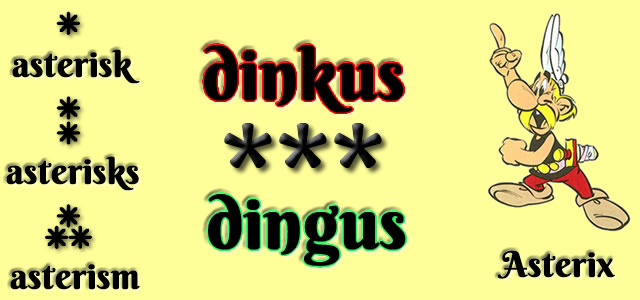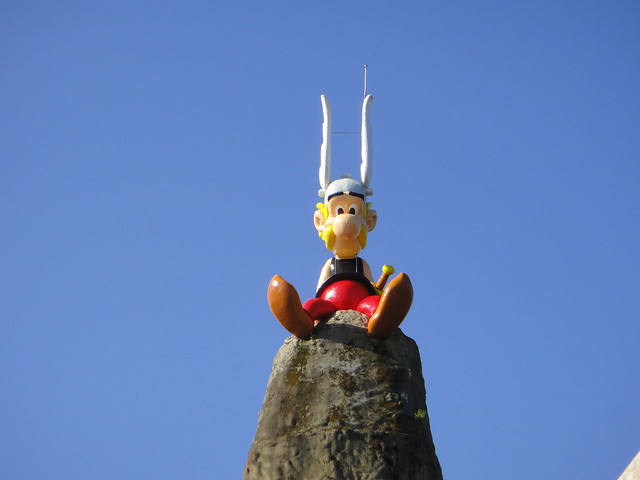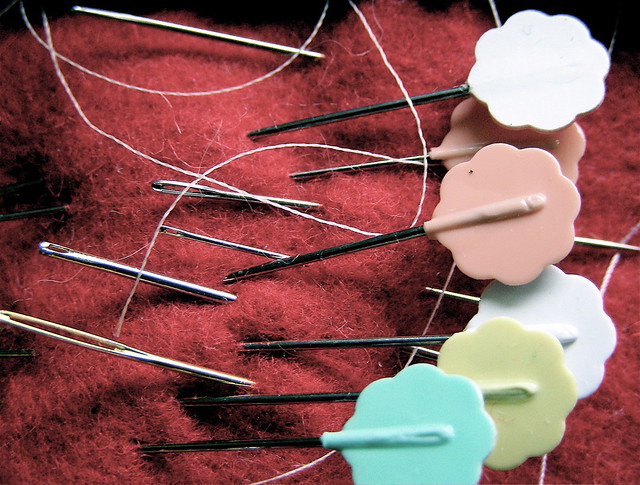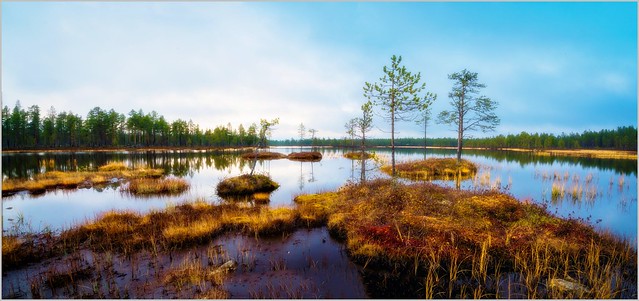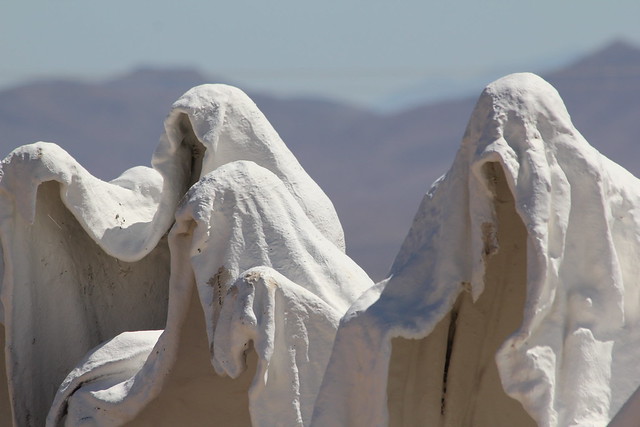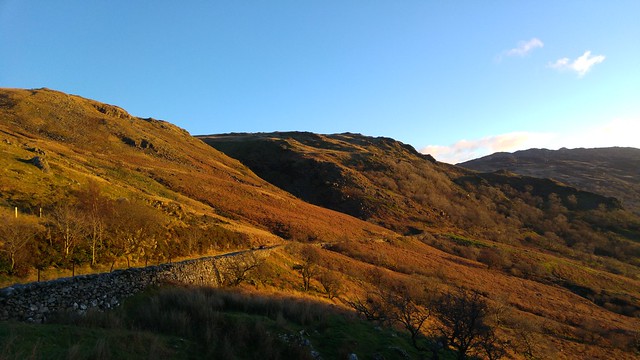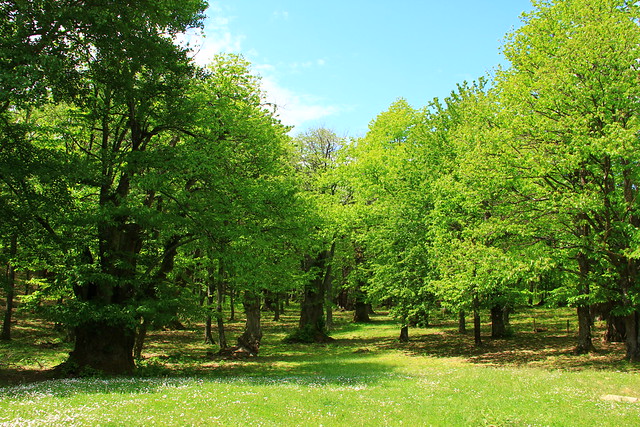Podcast: Play in new window | Download
This Adventure in Etymology is an assembly of words about the word thing, or something like that.
Meanings of thing [θɪŋ] include:
- That which is considered to exist as a separate entity, object, quality or concept.
- A word, symbol, sign, or other referent that can be used to refer to any entity.
- An individual object or distinct entity.
It comes from Middle English thing (thing, substance, object), from Old English þing (thing, matter, concern, event, meeting, court, case, reason, means), from Proto-West Germanic *þing (court, session, lawsuit, affair, matter, thing, object) from Proto-Germanic *þingą (time, date, meeting, assembly, council, case, matter, issue), from Proto-Indo-European *tenk-ó-, from *tenk- (to be suitable) [source].
So, its meaning changed from being suitable, to a suitable or scheduled time, to an assembly, to a specific issue discussed at an assembly, to issues, objects or things in general. Which is quite something.
There are related words in other Germanic languages that also mean thing, and other things. For example, ding (matter, thing) in Dutch [source] (and Afrikaans), Ding (thing, girl, boy) in German [source], and
However, in Norwegian, ting can mean thing, court or assembly [source], ting means thing, assembly or parliament in Danish [source], and þing means assembly, meeting, council or parliament in Icelandic, and the parliament of Iceland is called the Alþingi – see above [source].
Other words from the same roots include tinka (quarrel, disagreement, shortage, lack, tight situation) in Finnish, tinge (to bargin, haggle) in Danish, þinga (to hold a meeting) in Icelandic, dungi (to employ) in Esperanto, and gedeihen (to thrive, flourish, prosper) in German [source].
You can also listen to this podcast on: Apple Podcasts, Amazon Music, TuneIn, Podchaser, Podbay or Podtail and other pod places.
The theme tune for this podcast is The Unexpected Badger / Y Mochyn Daear Annisgwyl, a piece I wrote and recorded in 2017.
If you would like to support this podcast, you can make a donation via PayPal or Patreon, or contribute to Omniglot in other ways.
Radio Omniglot podcasts are brought to you in association with Blubrry Podcast Hosting, a great place to host your podcasts. Get your first month free with the promo code omniglot.
I also write about words, etymology and other language-related topics on the Omniglot Blog, and I explore etymological connections between Celtic languages on the Celtiadur blog.







